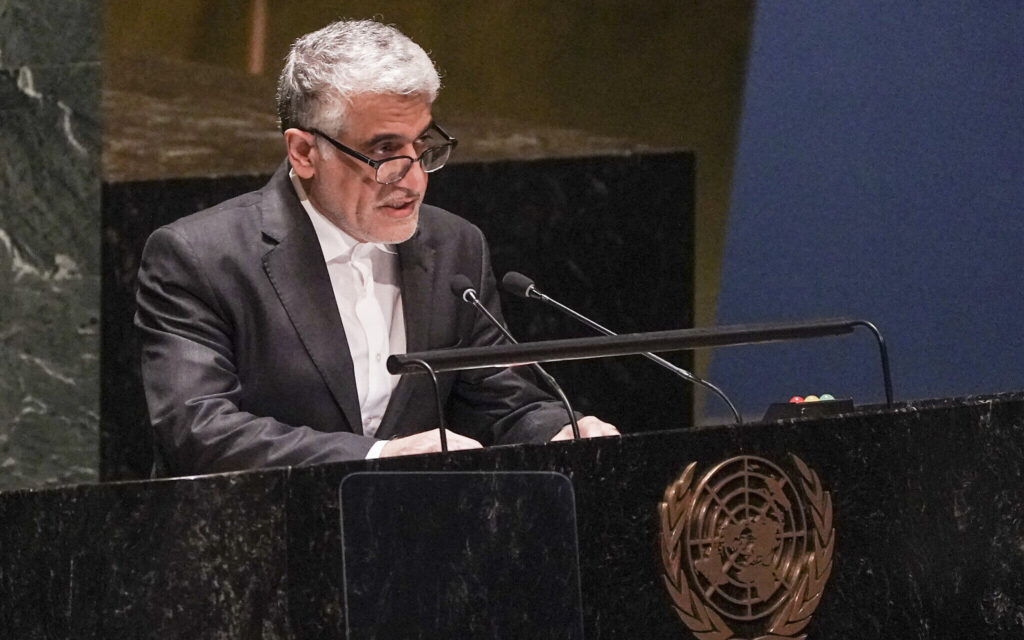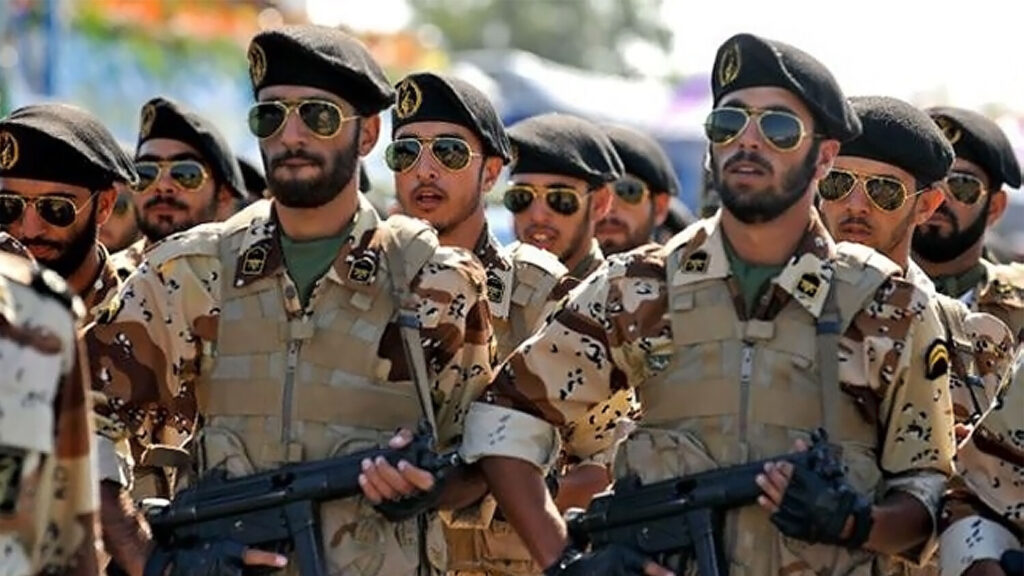The specter of a wider Middle East conflict looms large as Iran issues a stark warning to Israel, threatening an “obliterating war” should the Jewish state launch a full-scale military offensive against Lebanon. This ominous declaration, made by Iran’s mission to the United Nations, underscores the escalating tensions in a region already destabilized by the ongoing Gaza conflict.

Iran’s warning comes amidst heightened concerns of a potential war between Israel and Lebanon’s Iran-backed Hezbollah movement. The two adversaries have engaged in near-daily exchanges of fire since the outbreak of hostilities in Gaza, with recent weeks seeing a marked increase in both military actions and belligerent rhetoric.
The Iranian mission’s statement, posted on social media platform X, dismisses Israel’s talk of attacking Lebanon as “psychological warfare.” However, it leaves no doubt about the potential consequences of such an action, stating, “Should it embark on full-scale military aggression, an obliterating war will ensue. All options, including the full involvement of all Resistance Fronts, are on the table.”

This reference to the “Resistance Fronts” – a term encompassing Iran and its regional allies – signals a readiness to escalate the conflict beyond Lebanon’s borders, potentially drawing in multiple actors across the Middle East. The threat of such widespread involvement adds a new dimension of risk to an already volatile situation.
The current crisis has its roots in the October attack by Hamas on southern Israel, which triggered the ongoing war in Gaza. While Iran has praised the attack as a success, it denies direct involvement. Nevertheless, its support for Hamas and other regional militant groups places it at the center of the wider conflict.
Evidence of this wider engagement can be seen in the actions of Iran-backed Houthi rebels in Yemen, who have repeatedly targeted commercial ships in the Red Sea in solidarity with the Palestinian cause. These attacks, coupled with Hezbollah’s ongoing confrontations with Israel along the Lebanese border, illustrate the potential for rapid escalation across multiple fronts.

The situation is further complicated by recent events, including an airstrike on Iran’s consulate in Damascus that killed seven Revolutionary Guards, and Iran’s subsequent unprecedented drone and missile attack on Israel. These incidents have pushed tensions to new heights, with fears of a regional war reaching a fever pitch.
As the international community watches with growing concern, the potential for miscalculation or unintended escalation remains high. Iran’s latest warning serves as a stark reminder of the precarious balance in the region and the potentially catastrophic consequences of further military action.
The coming days and weeks will be crucial in determining whether diplomacy can prevail over the drums of war. With so much at stake, the need for de-escalation and dialogue has never been more urgent. As the world holds its breath, the hope remains that cooler heads will prevail in this increasingly heated conflict.



